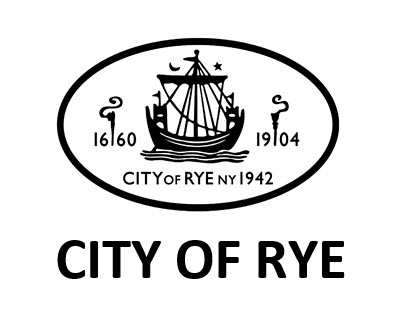Holding Court: Are They Just Smoking Grass (or Turf)?

Holding Court is a series by retired Rye City Court Judge Joe Latwin. Latwin retired from the court in December 2022 after thirteen years of service to the City.
What topics do you want addressed by Judge Latwin? Tell us.
By Joe Latwin
Recently, it was reported that a group of Rye residents were suing the City and various city agencies and office holders to overturn the decision to proceed with putting a turf field on the old Nursery property. I was just wondering if they knew the burden of challenging a government action, or if they were smoking grass (or turf).
Most challenges to government action take the form of an Article 78 proceeding. That is, Article 78 of the Civil Practice Law and Rules. It creates a special proceeding to adjudicate these cases. It is made to be prompt and is usually decided upon papers, like a motion, instead of taking testimony, like a trial. It is more akin to an appeal. Like an appeal, you don’t get to put in new evidence. You are bound by the record of the administrative agency or officer that made the decision being reviewed.
The path to success of filled with procedural traps and snares that benefit the government. There is usually a very short statute of limitations. The party bringing the case must have proper standing – the legal right to bring the case. If you get over those hurdles, the standard of review highly favors the government.
The challenging party does not have to prove they have a better case. The only question is “is there substantial evidence in the record of the agency to support its findings.” The agency’s determination must be upheld if it supported by substantial evidence in the record. It is not who has more or better evidence, just is there any evidence to support the finding.
Substantial evidence “means such relevant proof as a reasonable mind may accept as adequate to support a conclusion or ultimate fact.” “Substantial evidence consists of proof within the whole record of such quality and quantity as to generate conviction in and persuade a fair and detached fact finder that, from that proof as a premise, a conclusion or ultimate fact may be extracted reasonably—probatively and logically’ ”. It is of no consequence that the record also contains evidence supporting the claimant’s position, since “[q]uite often there is substantial evidence on both sides.” Where substantial evidence exists to support a decision being reviewed . . ., the determination must be sustained, “irrespective of whether a similar quantum of evidence is available to support other varying conclusions.”
The applicable standard is simply “whether the [municipality’s] decision was supported by substantial evidence”. The standard is not an exacting one; it “is less than a preponderance of the evidence . . . [and] demands only that a given inference is reasonable and plausible, not necessarily the most probable”. It does not require overwhelming evidence, or evidence beyond a reasonable doubt either. Where the interpretation of a statute or its application involves knowledge and understanding of underlying operational practices or entails an evaluation of factual data and inferences to be drawn therefrom, the courts regularly defer to the governmental agency charged with the responsibility for administration of the statute”.
The Courts will not interfere with an administrative determination unless the determination was arbitrary and capricious, lacked a rational basis or was affected by an error of law. The burden of establishing the determination was not supported by substantial evidence rests on the petitioner.
Wise counsel for the municipality will simply go through the record and point out each item in the record that supports the determination reached by the agency. If they exist, the decision will be upheld.






